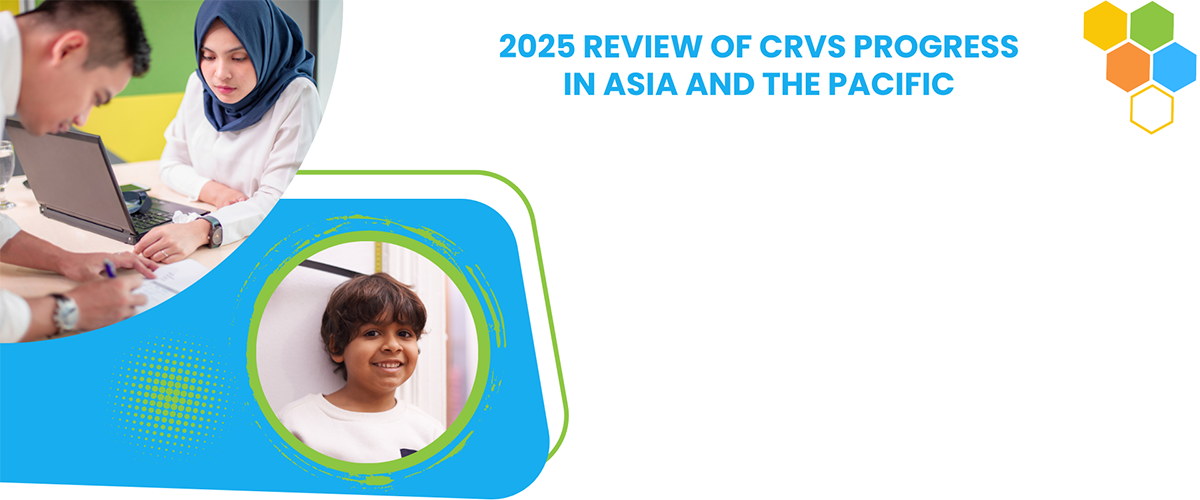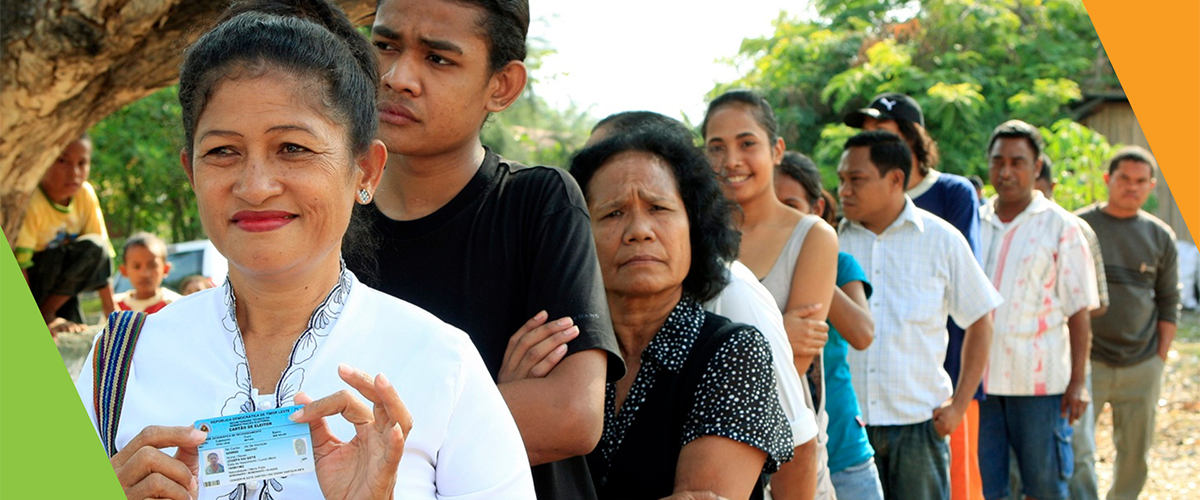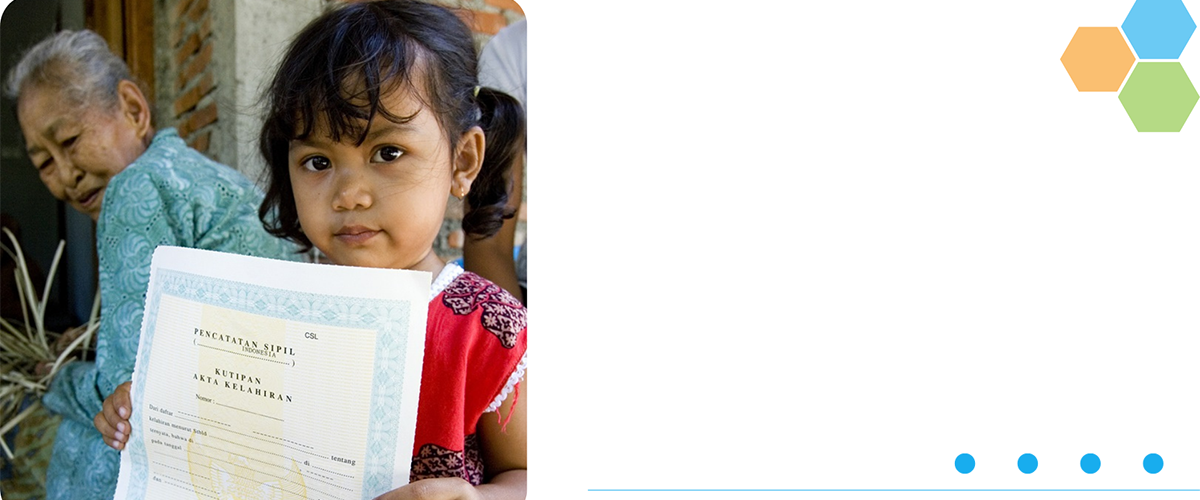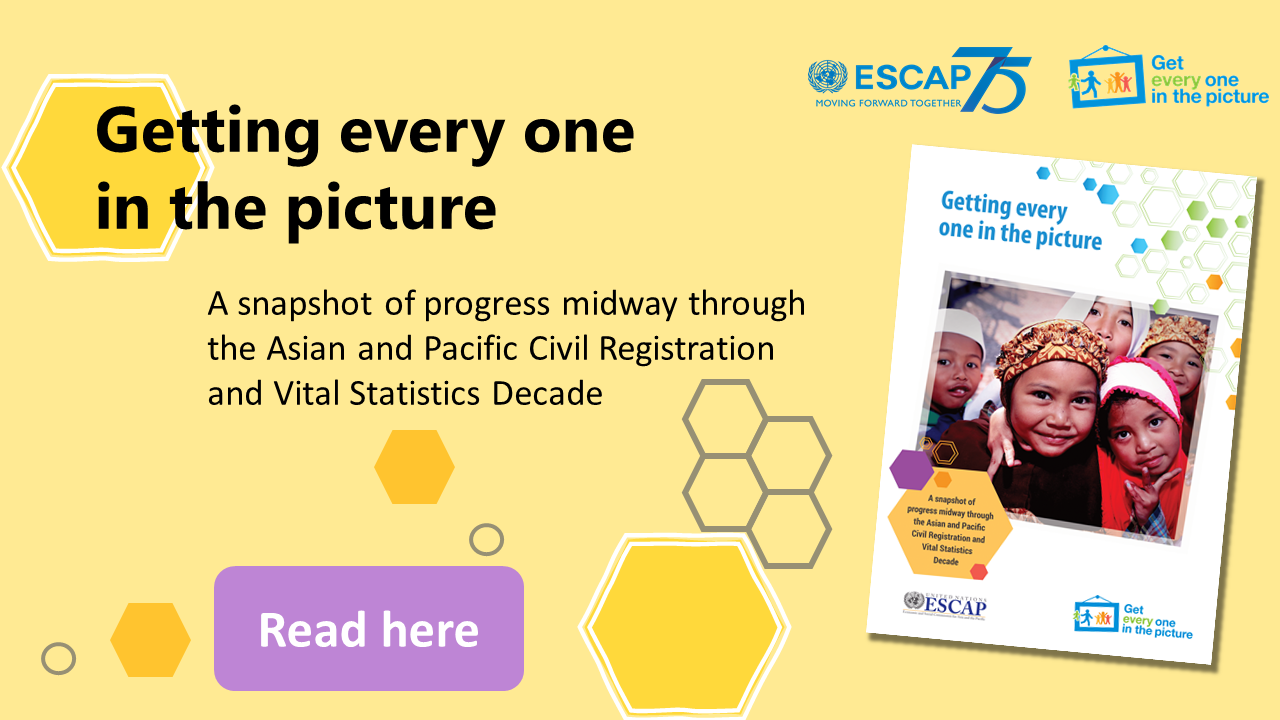LMN Course: ANALYSIS AND USE OF VITAL STATISTICS
The Analysis and Use of Vital Statistics e-Learning Course consists of 12 interactive modules focused on assessing the quality of CRVS data, the production of vital statistics from CRVS records, and application and use of this data for policy- and decision-making. Participants of the course will become more familiar with advanced uses of CRVS data, learn to create high-quality vital statistics visualizations and reports, and learn to disseminate CRVS data to multiple audiences and stakeholders.










